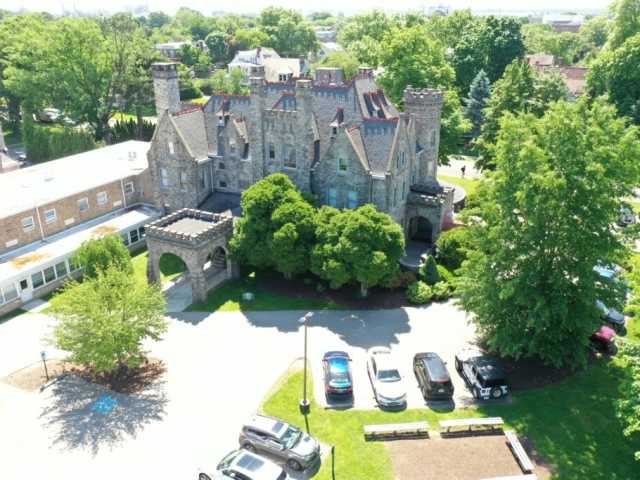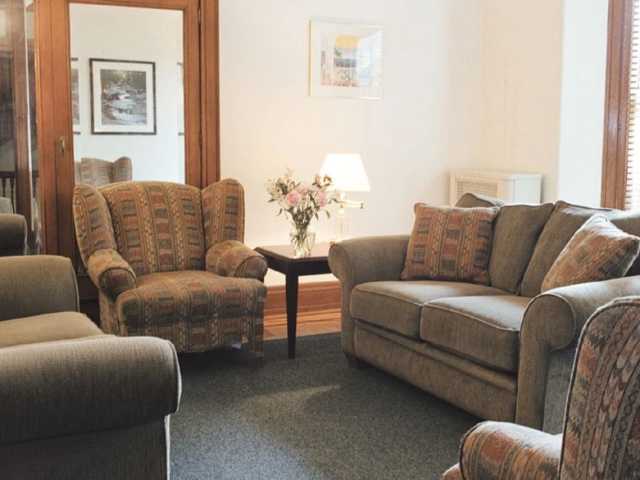Chester, Pennsylvania, United States
Keystone Center
Unclaimed
Unclaimed
This provider hasn’t verified their profile’s information. Are you the owner of this center? Claim your listing to better manage your presence on Recovery.com.
Joint Commission Accredited
The Joint Commission accreditation is a voluntary, objective process that evaluates and accredits healthcare organizations (like treatment centers) based on performance standards designed to improve quality and safety for patients. To be accredited means the treatment center has been found to meet the Commission's standards for quality and safety in patient care.
Estimated Cash Pay Rate
The cost listed here (Call for rates) is an estimate of the cash pay price. Center pricing can vary based on program and length of stay. Contact the center for more information. Recovery.com strives for price transparency so you can make an informed decision.
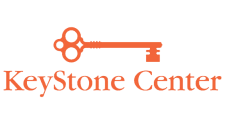
Contact Keystone Center
Connect with Keystone Center by calling them directly.
Are you the owner of this center?
Claim this center
About Keystone Center
KeyStone Center offers a wide range of programs to address both substance use disorders and behavioral addictions. Their services include medically monitored detoxification, intensive inpatient rehabilitation, and flexible outpatient options, ensuring continuous support throughout the recovery journey. Specialized programs are available for compulsive gambling and sex addiction, providing tailored care for these specific challenges.
Personalized Care for Adolescents and Adults
Recognizing that different age groups face unique challenges, KeyStone Center tailors its programs to meet the distinct needs of adolescents and adults. For teens, the focus is on addressing early signs of substance use and mental health disorders, equipping them with tools for long-term wellness. Adults benefit from therapies designed to navigate the complexities of co-occurring disorders and the impact of addiction on relationships, careers, and self-identity.
Empowering Recovery Through the Freedom Program
The Freedom Program at KeyStone Center is an intensive inpatient program designed for individuals grappling with severe substance use disorders. It combines medically monitored care, evidence-based therapies, and holistic support to address the root causes of addiction. This structured environment helps patients develop the skills necessary for sustained recovery, offering a compassionate and individualized approach to treatment.
Patient Satisfaction and Quality Care
KeyStone Center is committed to providing compassionate care that respects the dignity of each individual. Recent surveys indicate high levels of patient satisfaction, with 4.45 out of 5 patients feeling treated with dignity and respect, and 4.32 out of 5 reporting improvement after treatment. These results reflect the center's dedication to delivering quality care and achieving meaningful outcomes for those on their recovery journey.
Read More
Find Tailored Age-Specific Care
KeyStone Center offers specialized care designed for the unique challenges of different age groups. Teens receive support to address early signs of substance use and mental health issues, building tools for lifelong wellness. Adults benefit from therapies that tackle co-occurring disorders and help rebuild relationships, careers, and self-confidence. Whether you’re a teen or adult, KeyStone provides age-specific care.
Transition Smoothly Between Care
KeyStone Center offers a seamless transition between various levels of treatment, including medically monitored detoxification, intensive inpatient rehabilitation, and flexible outpatient services. This integrated approach ensures that patients receive consistent and continuous care throughout their recovery journey.
A Day in the Life at KeyStone
A typical day at KeyStone Center starts with morning roll call, coffee, and breakfast, followed by goal-setting groups and therapy sessions like DBT, Seeking Safety, or primary therapist-led groups. Afternoons feature enrichment activities like mindfulness, yoga, or art therapy, along with recreation and personal care time. Evenings include dinner, 12-Step meetings or peer recovery groups, and evening reflection before lights out, creating a structured, supportive environment focused on healing and progress.
Targeted Treatment for Behavioral Addictions
KeyStone Center is dedicated to treating a wide range of behavioral addictions, including compulsive gambling and sex addiction. For individuals struggling with sex addiction, the Extended Care Unit offers an exclusive, separate facility focused entirely on their recovery. These specialized inpatient programs address the unique challenges associated with behavioral health issues, providing comprehensive, tailored treatment options.

Center Overview
Estimated Center Costs
The cost listed here (Call for rates), is an estimate of program cost. Center price can vary based on program and length of stay. Contact the center for more information. Recovery.com strives for price transparency so you can make an informed decision.
Adolescents
Teens receive the treatment they need for mental health disorders and addiction, with the added support of educational and vocational services.
Young Adults
Emerging adults ages 18-25 receive treatment catered to the unique challenges of early adulthood, like college, risky behaviors, and vocational struggles.
LGBTQ+
Addiction and mental illnesses in the LGBTQ+ community must be treated with an affirming, safe, and relevant approach, which many centers provide.
Men and Women
Men and women attend treatment for addiction in a co-ed setting, going to therapy groups together to share experiences, struggles, and successes.
Veterans
Patients who completed active military duty receive specialized treatment focused on trauma, grief, loss, and finding a new work-life balance.

Treatment Focus
This center treats primary substance use disorders and co-occurring mental health conditions. Your treatment plan addresses each condition at once with personalized, compassionate care for comprehensive healing.

Care Options







Treatment
Specializations
Alcohol
Using alcohol as a coping mechanism, or drinking excessively throughout the week, signals an alcohol use disorder.
Drug Addiction
Drug addiction is the excessive and repetitive use of substances, despite harmful consequences to a person's life, health, and relationships.
Veterans
Patients who completed active military duty receive specialized treatment focused on trauma, grief, loss, and finding a new work-life balance.
Approaches
Evidence-Based
A combination of scientifically rooted therapies and treatments make up evidence-based care, defined by their measured and proven results.
Medical
Medical addiction treatment uses approved medications to manage withdrawals and cravings, and to treat contributing mental health conditions.
Personalized Treatment
The specific needs, histories, and conditions of individual patients receive personalized, highly relevant care throughout their recovery journey.
Therapies
1-on-1 Counseling
Patient and therapist meet 1-on-1 to work through difficult emotions and behavioral challenges in a personal, private setting.
Trauma-Specific Therapy
This form of talk therapy addresses any childhood trauma at the root of a patient's current diagnosis.
Family Therapy
Family therapy addresses group dynamics within a family system, with a focus on improving communication and interrupting unhealthy relationship patterns.
Life Skills
Teaching life skills like cooking, cleaning, clear communication, and even basic math provides a strong foundation for continued recovery.
Medication-Assisted Treatment
Combined with behavioral therapy, prescribed medications can enhance treatment by relieving withdrawal symptoms and focus patients on their recovery.
Psychoeducation
This method combines treatment with education, teaching patients about different paths toward recovery. This empowers them to make more effective decisions.
Conditions We Treat
Gambling
Excessive, repetitive gambling causes financial and interpersonal problems. This addiction can interfere with work, friendships, and familial relationships.
Obsessive Compulsive Disorder (OCD)
OCD is characterized by intrusive and distressing thoughts that drive repetitive behaviors. This pattern disrupts daily life and relationships.
Post Traumatic Stress Disorder
PTSD is a long-term mental health issue caused by a disturbing event or events. Symptoms include anxiety, dissociation, flashbacks, and intrusive thoughts.
Sex Addiction
Compulsively seeking out sex can easily become a problem. This addiction is detrimental to relationships, physical health, and self-esteem.
Trauma
Some traumatic events are so disturbing that they cause long-term mental health problems. Those ongoing issues can also be referred to as "trauma."
Substances We Treat
Alcohol
Using alcohol as a coping mechanism, or drinking excessively throughout the week, signals an alcohol use disorder.
Benzodiazepines
Benzodiazepines are prescribed to treat anxiety and sleep issues. They are highly habit forming, and their abuse can cause mood changes and poor judgement.
Co-Occurring Disorders
A person with multiple mental health diagnoses, such as addiction and depression, has co-occurring disorders also called dual diagnosis.
Cocaine
Cocaine is a stimulant with euphoric effects. Agitation, muscle ticks, psychosis, and heart issues are common symptoms of cocaine abuse.
Drug Addiction
Drug addiction is the excessive and repetitive use of substances, despite harmful consequences to a person's life, health, and relationships.
Ecstasy
Ecstasy is a stimulant that causes intense euphoria and heightened awareness. Abuse of this drug can trigger depression, insomnia, and memory problems.
Heroin
Heroin is a highly addictive and illegal opioid. It can cause insomnia, collapsed veins, heart issues, and additional mental health issues.
Psychedelics
Hallucinogenic drugs—like LSD—cause euphoria and increased sensory experiences. When abused, they can lead to depression and psychosis.
Methamphetamine
Methamphetamine, or meth, increases energy, agitation, and paranoia. Long-term use can result in severe physical and mental health issues.
Opioids
Opioids produce pain-relief and euphoria, which can lead to addiction. This class of drugs includes prescribed medication and the illegal drug heroin.
Experience
Personal Amenities
Professional Staff
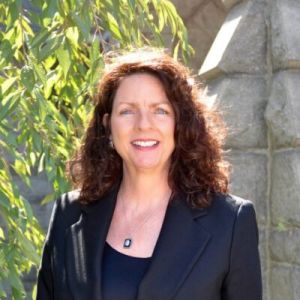
Elizabeth Conlin
Chief Operating Officer
PsyD
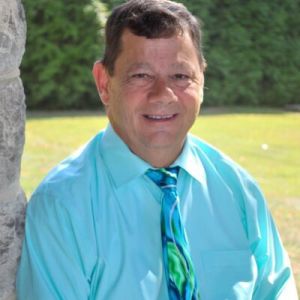
Al Coppola
Chief Financial Officer
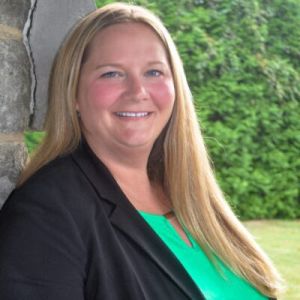
Cari Pelc
Director of Admissions
MA
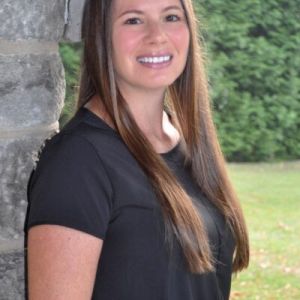
Amanda Lafferty
Director of Utilization Review
LPN
View More Team Members
We love hearing about your treatment experience
Help individuals and families seeking treatment by sharing your first-hand experience with this treatment provider. Review Guidelines.
















